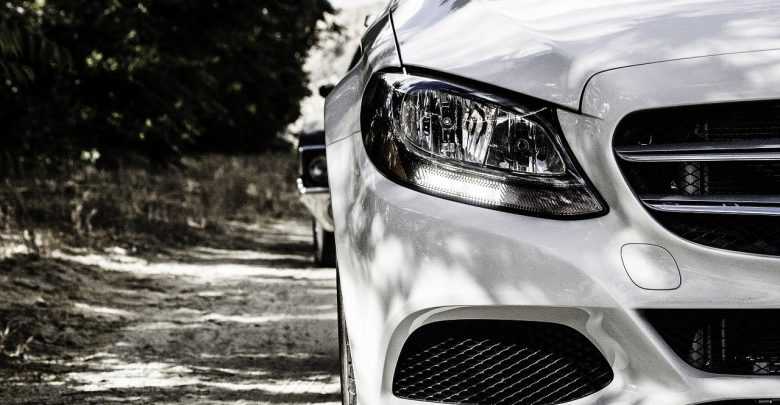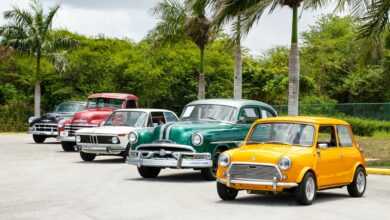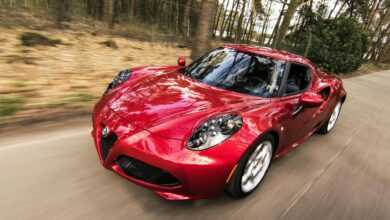
Mercedes Wants To Put “Organic Batteries” In Its Vehicles
Mercedes is no stranger to pushing the frontiers of automotive technology. The company has released more than its fair share of weird and wacky concepts over the years.
Now, though, the company knows that if it wants to survive, it must embrace new battery technology. The writing is on the wall. The auto industry is going to change forever, and there’s nothing that legacy carmakers can do. They must either adapt or go the way of Kodak.

Organic batteries are, apparently, a “very promising” technology according to the top brass at the firm. They’re made of a graphene-based organic-cell substrate and use water as the electrolyte. In other words, they combine thin layers of graphite with living cells and suspend everything together using water.
The technology sounds outrageous – and it is – but Mercedes says that it offers a whole bunch of benefits too. The first is that it doesn’t require the use of any harmful byproducts. It is mostly organic matter, carbon and water – no heavy metals, no toxic plastics, nothing like that. Just wholesome goodness that the manufacturer can use to power cars for the rest of the century and possibly beyond.
There is, however, a downside: the technology is still a long way off from mass production. Current estimates from the company suggest that we’re looking at at least 15 years before we get a working prototype – probably more. Graphene still isn’t a mature technology. And co-opting living cells to act as anodes is still futuristic, unfortunately.
The second advantage is the charging time. Solid-state batteries are excellent from a safety perspective, but they charge slowly. It means that turnaround times for vehicles are long – not so great for ride-hailing and taxi services. Liquid electrolytes, however, speed up the charging process, meaning that this might become a viable replacement for current-generation lithium-ion technology.
Of course, it will be a while before we see the technology in used cars for sale, and Mercedes is aware of the risks. The company, like many others, is pursuing multiple energy storage technologies for future generations of vehicles. The goal right now is to find battery chemistry that “does it all” – which is notoriously difficult to do.
Lithium-ion currently offers the best mix of longevity, energy density and power output. But it is notoriously damaging for the environment, due to its reliance on heavy metals and extensive factory processing. Mercedes is excited by the idea of an organic battery because it gets rid of the sustainability problem and opens up higher energy density than existing technologies.

Right now, nobody knows which technology will win in the marketplace. Lithium-sulphur is another contender. Researchers think that it will be smaller than lithium-ion, opening up more interior space in the cabin. “Glass” batteries from research legend John B. Goodenough are also, apparently, in the pipeline.
Of course, this latest announcement from Mercedes might be too little, too late. The company is still yet to produce a car that competes directly with the Tesla Model S and certainly not the Model 3. Whether it will still be around in the same form in 15 years remains to be seen.




